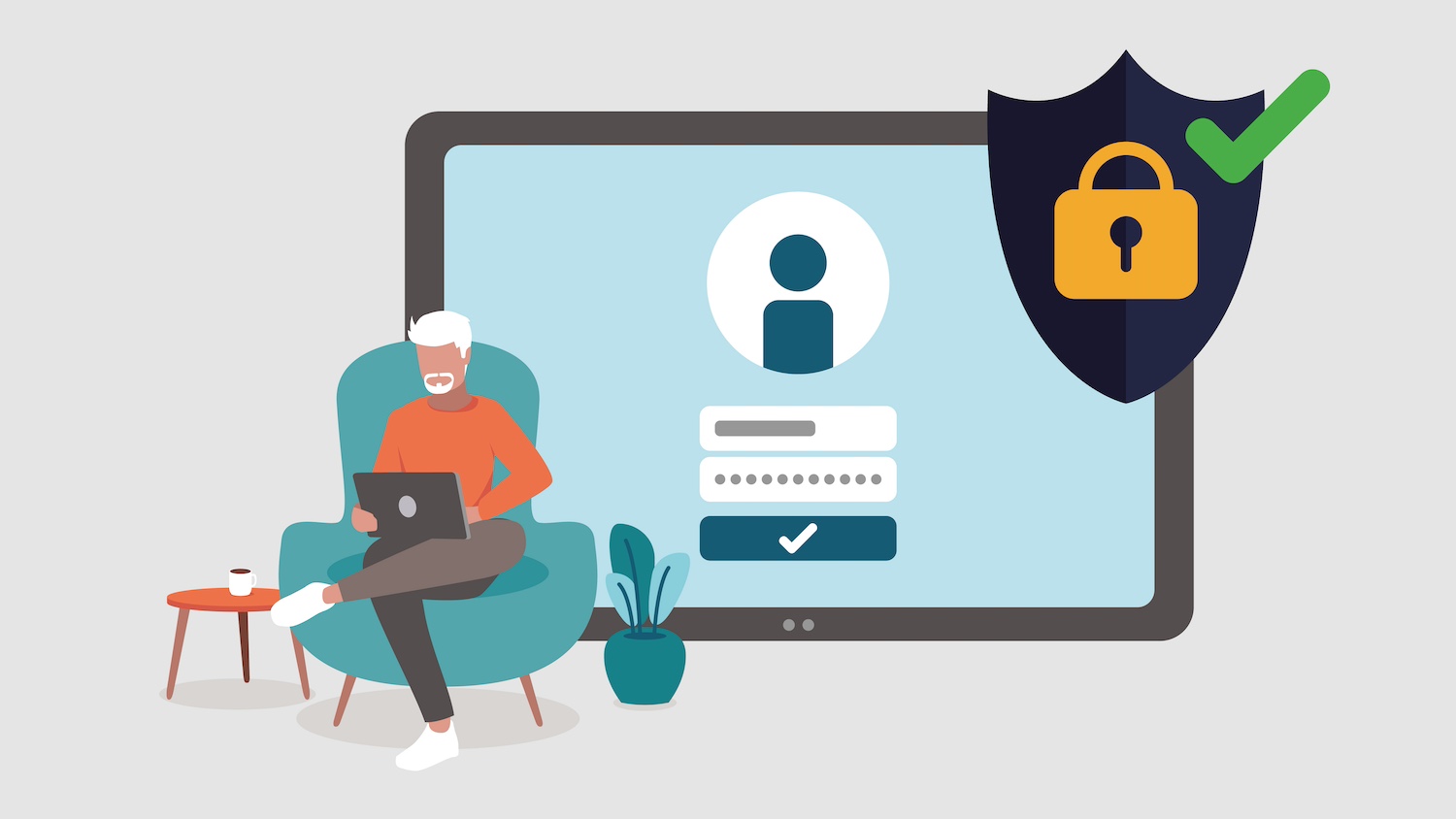Salesforce has a portfolio of 50+ credentials to validate your skills and grow your career. Safeguarding the integrity of your certifications is core to what we do and is a critical piece to maintaining the high standards we upload for Salesforce Credentials. Here are three key steps we take every day to make sure that Salesforce credentials are secure.
Step 1. Defense – We designed a strong system
Whether we’re scanning for changes in test-taking behavior or updating exams themselves, we keep credentials safe. Our system is under constant review and evaluation.
- Keeping exams up to date: We continuously update our exams throughout the year, which keeps them current and in alignment with Salesforce release cycles. Users also give us great insight and feedback, and we use that to update the exams as well.
- Making exam questions and answers random: We purposely design each exam to be a unique experience for the test-taker.
- Keeping track of unusual exam statistics: We keep an eye on several key exam statistics that might indicate a compromised exam. We quickly detect potential problems and decide whether to update or chance an exam, even outside the regular release cycle.
- Limiting exam retakes: We know that not everyone will pass their exam on the first try, and that’s OK. But as a security measure, we limit the number of times one user can retake the same exam during any one release cycle. This prevents anyone from simply memorizing all the questions and answers until they get it right. Learn more about our exam retake policy here.
- Improving our lockdown browser: We continuously update our lockdown browser to better detect and block proxy test takers and bad actors.

Step 2. Identification – We monitor for security issues
We know that it’s important to quickly identify potential credential security violations, so we’re always looking out for any behavior that might compromise certification exam content or superbadge solutions.
We want to ensure that everyone has an equal opportunity to prepare for earning a certification or superbadge.
- Continuous internet monitoring: We’re always scanning the internet for any person or company that requests, or offers to share or sell Salesforce Certification exam content or superbadge solutions. We work with industry experts to scale this process beyond and offer greater coverage.
- Strong proctoring protocols: Proctors closely monitor both in-person and online exams. Proctors are trained to identify potential cheating behaviors during a certification exam.
- Violation Reporting: Think you’ve seen a Credential Security violation? Submit a case for our team to look into.
Step 3. Correction – We act quickly to address any problems
We take various corrective actions against anyone who violates security protocols, depending on the situation:
- Removal of compromising posts: If any posts shared in the Trailblazer Community or Partner Community could compromise the security of a certification exam or superbadge, we follow up and send a warning notice to the post author. We delete any post that is in violation of our credential security policies.
- Official takedown notices: For platforms we don’t control, we send “takedown notices” to the hosting site and content author of any compromising content shared on non-Salesforce platforms. Notices include an explanation of how the content violates our credential security and the consequences for not immediately removing it.
- Updating any compromised exam content: We replace any compromised certification exam questions and superbadge content.
- Permanent actions for offenders: Depending on how severe the violation is, we can take actions including revoking any credentials awarded, and permanently banning violators from the program.
Code of Conduct
Check out the Program Agreement and Code of Conduct to learn the recommendations, prohibitions, policies, and consequences of violations.
What to do (and not do)
Participation in our credentials program,requires agreement to the terms of the Salesforce Certification Program Agreement and Code of Conduct. We consistently update the code of conduct to set the standard for best practices in the industry.
You can help protect the value of your credentials by using trusted Salesforce materials to prepare for your exams, such as:
- Use Trailhead — the only official resource — when you’re preparing for certification exams or superbadges. We’ve designed a great library of content to get you ready for your exam, including trails, trailmixes, exam guides, Knowledge Articles, and practice exams.
- Use the Developer Org and Trailhead Playground to practice scenarios.
- Join an existing study group in the Trailblazer Community, or form your own.
- Find a mentor in the Trailblazer Community.
- After completing your exam and receiving your results, carefully read the section-level feedback for a better understanding of your unique strengths and any potential areas of improvement.
Salesforce Credentialing Program participants are prohibited from:
- Sharing, using, or requesting exam dumps. Not only can these contain inaccurate and outdated information, but users having access to exam material before they take an exam devalues the certification for everyone.
- Sharing any content including but not limited to exam questions, exam answers, and superbadge solutions.
- Using any devices or getting any outside help during your exam — review the guidelines for more information on procedures for both online and in-person exams.
The most recent updates to the code of conduct include new candidate requirements that allow Salesforce to take punitive actions for:
- Providing false or misleading information to Salesforce
- Launching an exam with any malicious code, viruses, worms, or other programs that could be used to avoid security mechanisms
- Selling or sharing voucher and coupon codes or using them for an unapproved purpose
All reported security violations are taken very seriously and reviewed on a case-by-case basis.
There are potential long-term consequences for any Program Agreement violations, including suspension from online proctored exams, suspension from all certification exams, revocation of certifications, and being removed from the Salesforce Credentials program and the Trailblazer Community entirely.
See something? Say something.
If you see something suspicious, submit a case. If we confirm a security violation has taken place, we’ll take action right away.
Help us keep credentials secure
We design a secure system, quickly identify any potential problems, and immediately correct any security issues we find. But keeping the system safeguarded requires your help, too.
We want your reports of suspicious activity. Whether it’s someone asking for an exam dump or a video posted with superbadge solutions, let us know.
So if you see anything suspicious you can take action.
- Open a Credential Protection case: Submit a case to our security team. We’ll look into it and take action right away if a security violation is confirmed.
- Let us know about violations in social/community groups: Hit the “flag as spam” notification button to alert us to the suspicious post, or report it to the group moderator.
- Promote our security protocols: Support our security efforts by sharing the Salesforce Certification Program Agreement and Policies and the Credential Protection case form, so that other Trailblazers know the protocols.
Thank you for your help
Now you have a better understanding of the safeguards for your hard-earned credentials. Thank you for helping us identify and correct any potential security violations.


























